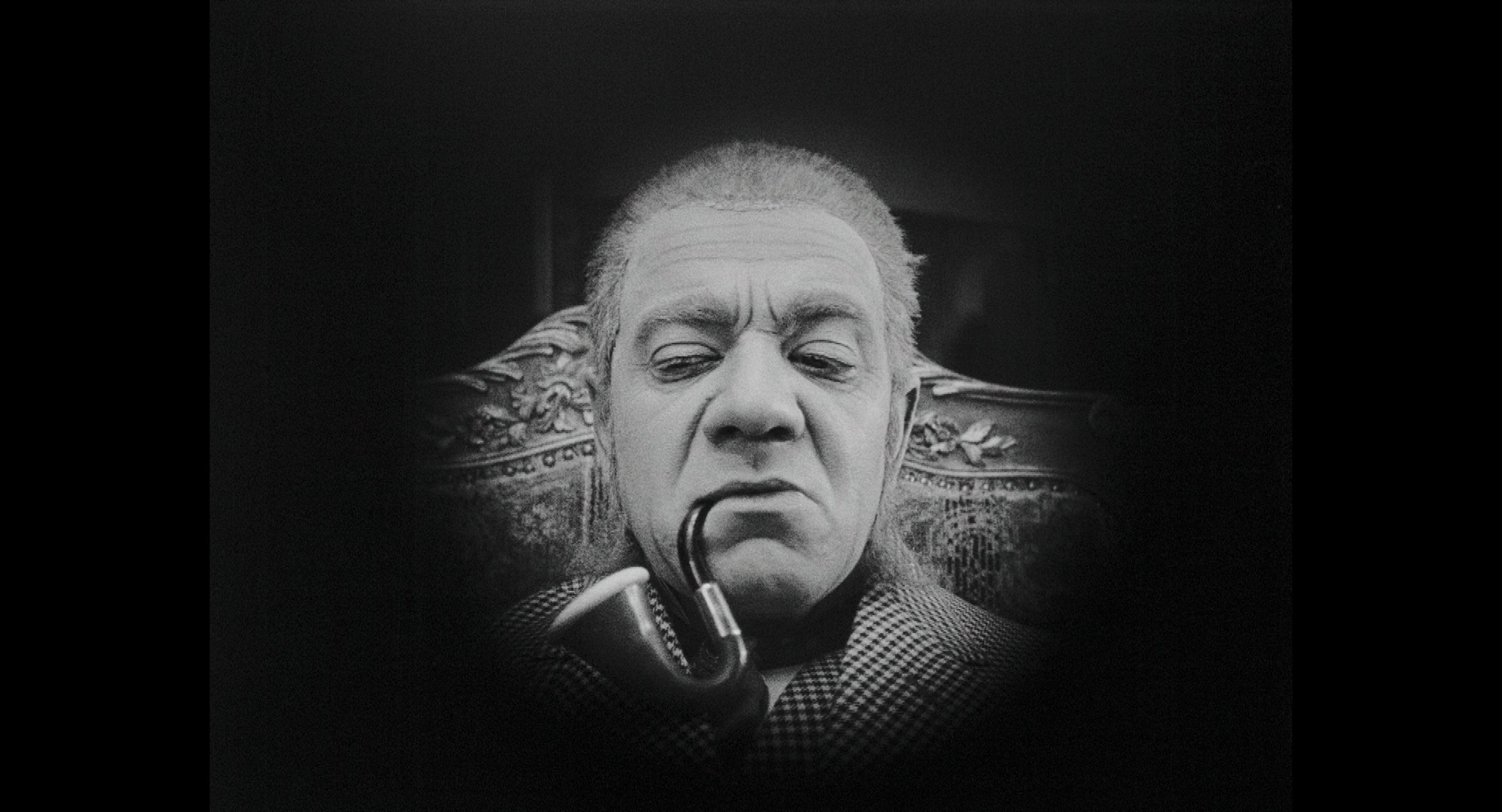Foxtrot Délirium
29.Apr.2026 // 19:30
Wiener Konzerthaus,
Großer Saal
29.Apr.2026 // 19:30
Wiener Konzerthaus,
Großer Saal
Martin Matalon, conductor
PHACE
Doris Nicoletti, flute
Walter Seebacher, clarinet
Reinhold Brunner, clarinet
Michael Krenn, saxophone
Mathilde Hoursiangou, piano
Berndt Thurner, percussion
Ivana Pristasova Zaugg, violin
Petra Ackermann, viola
Roland Schueler, cello
Maximilian Ölz, double bass
Alexandra Dienz, double bass
and many more …
SOUND DESIGN
Alfred Reiter
Martin Matalon
Foxtrot Délirium for 12 instruments and electronics, 2015
Music for the silent film
Die Austernprinzessin (1919) Director: Ernst Lubitsch, Script: Ernst Lubitsch, Hanns Kräly
This early silent film by master director Ernst Lubitsch already demonstrates his tremendous talent for timing. With a light touch and exuberant inventiveness, he staged the fast-paced, satirical social comedy genre for the first time, perfecting it.

The extremely wealthy American businessman Quaker has earned his fortune from seafood and is therefore known everywhere as the Oyster King. His spirited daughter, the “Oyster Princess,” is determined to marry a European nobleman. This leads her to the penniless Prince Nuki, who first sends his servant Josef ahead. Believing she has a real prince on her hands, the impetuous millionaire’s daughter marries the servant at the first opportunity. In doing so, she sets in motion a turbulent chain of events…
Musically, Martin Matalon exploits the entire spectrum of possible relationships between music and images, between the editing of the film and the articulation of the music: from the most dependent parallelism to the most complete divergence. From the points of contact between music and image, a third, independent work emerges that carries an important aspect of Lubitsch’s film into the present: social criticism through comedy and humor. Humor, which is all too often lacking in contemporary music, enables us to deal with important, often profound things with wit and lightness.

This early silent film by master director Ernst Lubitsch already demonstrates Lubitsch's tremendous talent for timing. Musically, Martin Matalon exploits the entire spectrum of possible relationships between music and images, between the film's editing and the articulation of the music: from the most dependent parallelism to the most complete divergence.
Read more